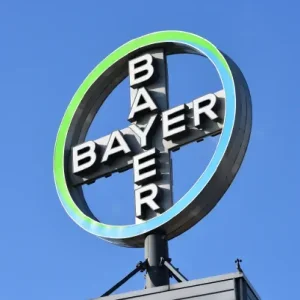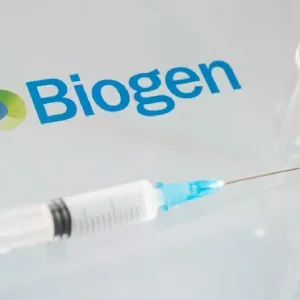GlaxoSmithKline (GSK) has received the US Food and Drug Administration (FDA) approval for BLENREP (belantamab mafodotin-blmf) to treat a type of multiple myeloma.
The FDA approval indicated BLENREP as a monotherapy for patients with relapsed or refractory multiple myeloma, who previously received anti-CD38 monoclonal antibody, proteasome inhibitor and immunomodulatory agent therapies, at least four times.
BLENREP is an antibody-drug conjugate that combines humanised anti-B cell maturation antigen (BCMA) monoclonal antibody with the cytotoxic agent auristatin F through a non-cleavable linker. The drug was granted Breakthrough Therapy designation by the FDA, in 2017.
The drug works in a multi-faceted mechanism aimed at BCMA, a cell-surface protein that plays a key role in the survival of plasma cells and is expressed on multiple myeloma cells.
The company has licensed drug linker technology from Seattle Genetics, and manufactured monoclonal antibody by leveraging POTELLIGENT Technology licensed from BioWa.
GSK chief scientific officer and R&D president Hal Barron said: “As the second most common form of blood cancer in the US, multiple myeloma is an incurable and devastating disease.
“BLENREP is the first approved anti-BCMA therapy and has the potential to transform the treatment of patients with relapsed or refractory myeloma who have limited treatment options today.”
FDA approved BLENREP based on primary results from DREAMM-2 trial
The British pharmaceutical firm said that the FDA approval for BLENREP was based on primary results from DREAMM-2 clinical trial.
The study evaluated treatment using single-agent BLENREP 2.5mg/kg, administered every three weeks, which showed a clinically significant overall response rate (ORR) of 31%, and duration of response (DoR) in 73% of subjects was more than or equal to six months.
The most commonly reported adverse events include keratopathy, decreased visual acuity, nausea, blurred vision, pyrexia, infusion-related reactions, and fatigue.
DREAMM-2 principal investigator Sagar Lonial said: “While treatable, refractory multiple myeloma is a significant clinical challenge with poor outcomes for patients whose disease has become resistant to the current standard of care.
“Due to the limited options currently available, these patients are often retreated with drugs from the same classes after they relapse, which is why the approval of BLENREP, the first anti-BCMA therapy, is significant for both patients and physicians alike.”






